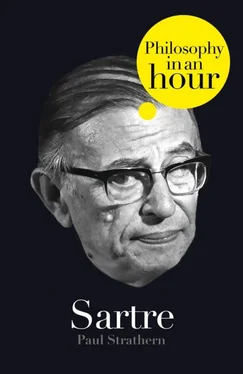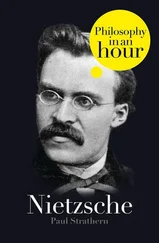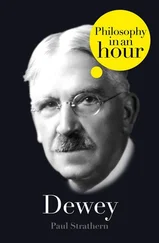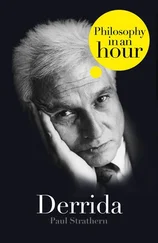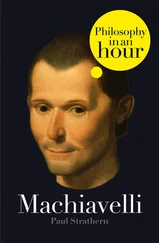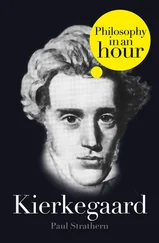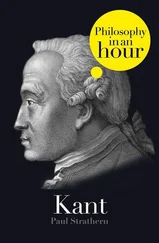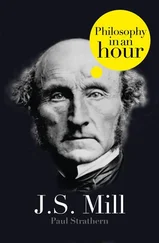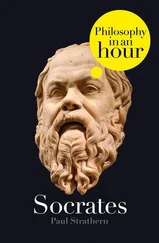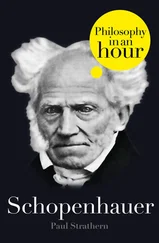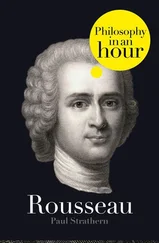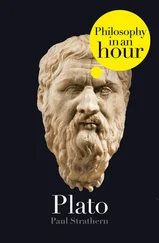Sartre
PHILOSOPHY IN AN HOUR
Paul Strathern
Title Page Sartre PHILOSOPHY IN AN HOUR Paul Strathern
Introduction Introduction Jean-Paul Sartre was the most popular philosopher in history – during his lifetime. His work was known to students, intellectuals, revolutionaries, and even the general reading public the world over. Two main reasons account for this unprecedented popularity, neither of which has to do with Sartre’s abilities as a philosopher. First, he became the spokesman for existentialism at the opportune moment – when this philosophy filled the spiritual gap left amidst the ruins of Europe, in the aftermath of World War II. And, second, his later adoption of a revolutionary stance against authority struck a chord in the era of Che Guevara, worldwide student unrest, and sentimental sympathy for the Cultural Revolution in Communist China. Where politics was concerned, Sartre wrote about almost everything. Alas, events proved him wrong about almost everything. Sartre’s earlier philosophy is another matter. He may not have been the first existentialist, but he was the first publicly to accept this label. He was also one of its most able exponents. Sartre’s ability to develop philosophical ideas, and their implications, remained unrivaled in the twentieth century. But this was done with imaginative brilliance rather than analytic rigour. As a result, he was dismissed with contempt by many orthodox thinkers, who claimed that neither he nor existentialism had anything to do with ‘real’ philosophy. Existentialism was the philosophy that showed the ultimate freedom of the individual, succinctly encapsulated by the night-club singer Juliette Greco: ‘Whatever you do, you become.’ Existentialism could be as shallow as this and (in the hands of Sartre) as profound as any contemporary philosophy. It was the exciting and personally involving ‘philosophy of action’ – or, to its critics, the ultimate theory of introspection, bordering on solipsism (the belief that only I exist). Yet all are agreed that in Sartre’s hands existentialism became a revolt against the European bourgeois values that lay in ruins after World War II. The bourgeoisie (essentially the middle class) came to stand for all that existentialism was not: it was impossible to be an existentialist and a bourgeois.
Sartre’s Life and Works
Further Information
From Sartre’s Writings
Chronology of Significant Philosophical Dates
Chronology of Sartre’s Life
Recommended Reading
About the Author
Copyright
About the Publisher
Jean-Paul Sartre was the most popular philosopher in history – during his lifetime. His work was known to students, intellectuals, revolutionaries, and even the general reading public the world over.
Two main reasons account for this unprecedented popularity, neither of which has to do with Sartre’s abilities as a philosopher. First, he became the spokesman for existentialism at the opportune moment – when this philosophy filled the spiritual gap left amidst the ruins of Europe, in the aftermath of World War II. And, second, his later adoption of a revolutionary stance against authority struck a chord in the era of Che Guevara, worldwide student unrest, and sentimental sympathy for the Cultural Revolution in Communist China. Where politics was concerned, Sartre wrote about almost everything. Alas, events proved him wrong about almost everything.
Sartre’s earlier philosophy is another matter. He may not have been the first existentialist, but he was the first publicly to accept this label. He was also one of its most able exponents. Sartre’s ability to develop philosophical ideas, and their implications, remained unrivaled in the twentieth century. But this was done with imaginative brilliance rather than analytic rigour. As a result, he was dismissed with contempt by many orthodox thinkers, who claimed that neither he nor existentialism had anything to do with ‘real’ philosophy.
Existentialism was the philosophy that showed the ultimate freedom of the individual, succinctly encapsulated by the night-club singer Juliette Greco: ‘Whatever you do, you become.’ Existentialism could be as shallow as this and (in the hands of Sartre) as profound as any contemporary philosophy. It was the exciting and personally involving ‘philosophy of action’ – or, to its critics, the ultimate theory of introspection, bordering on solipsism (the belief that only I exist). Yet all are agreed that in Sartre’s hands existentialism became a revolt against the European bourgeois values that lay in ruins after World War II. The bourgeoisie (essentially the middle class) came to stand for all that existentialism was not: it was impossible to be an existentialist and a bourgeois.
Jean-Paul Sartre was born a bourgeois. His father was a young naval officer who died of a fever in 1906, when Sartre was one year old. Sartre was to describe this as ‘the greatest event of my life… Had he lived, my father would have lain down on top of me and squashed me’. Having been denied this oedipal fantasy, Sartre claimed that he grew up with no sense of filial obedience – ‘no super-ego… no aggressivity’. He had no interest in authority nor any wish to exercise power over others. So it comes as something of a surprise that this saintly childhood gave rise to an undying hatred for the bourgeoisie (and any middle-class habits or values associated with this worthy section of the community), a lifelong need to combat any sort of authority, and a desire to establish psychological dominance over all who came into close contact with him. Sartre was to examine with the brilliance of genius the intricate workings of his mind, but more obvious points often eluded him.
Sartre’s mother Anne-Marie, along with her saintly infant, returned home to live on the outskirts of Paris with her father Karl Schweitzer (uncle of the African missionary Albert Schweitzer). Grand-père Schweitzer was a typical French patriarchal figure of the period. He dressed in elegant suits and a Panama hat; his word was law in the otherwise entirely female household; and he was constantly unfaithful to his wife. In his autobiography Les Mots (Words), Sartre remembered him as ‘a handsome man with a flowing white beard who was always waiting for the next opportunity to show off… He looked so much like God the Father that he was sometimes taken for him.’ Here surely was a superego straight out of central casting. But Sartre refused to acknowledge his grandfather in this vacant psychological role.
Young Jean-Paul and his mother were treated like the children of the household, and Sartre came to regard Anne-Marie more as a close sister than as a mother. Unlike the father figure that he claimed he didn’t need, this mother-sister figure was to become an essential requirement for the rest of his life.
Judging from all descriptions, including his own, Sartre appears to have had a blissfully happy childhood. Surrounded by doting females, young Jean-Paul’s ego quickly expanded to make up for its lack of a superior element. As if sanctity were not enough, the child-saint now declared to himself, ‘I am a genius.’ No one contradicted him – even grandfather swept him into his arms and called him ‘My little treasure!’ (With characteristic obtuseness, Sartre was later to declare: ‘I hate my childhood and everything that survives from it.’)
Unlike other conceited little brats who come to the conclusion that they are a genius, Sartre had the imagination, endurance, and exceptional mind necessary to fulfill this self-appointed role. Young Sartre was soon filling exercise book after exercise book with long tales of knightly adventure and heroism.
Читать дальше
